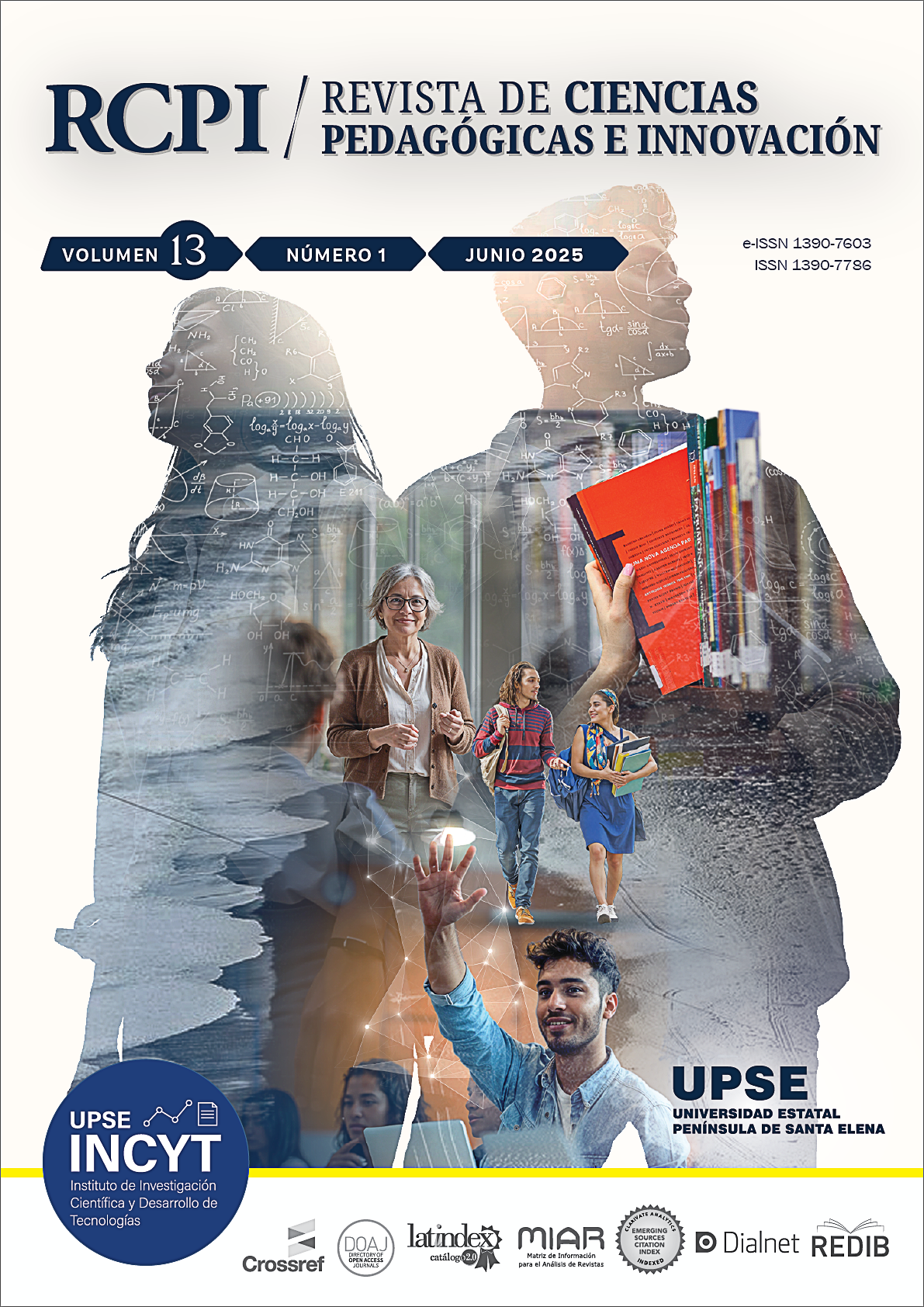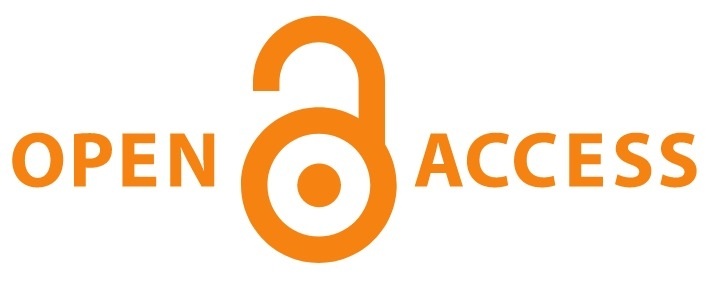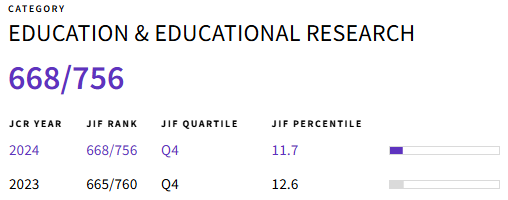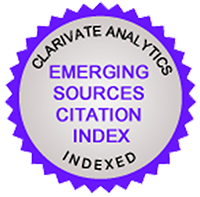What do we mean by inclusive education in Latin America and the Basque Country?
DOI:
https://doi.org/10.26423/rcpi.v13i1.829Keywords:
Educational inclusion, qualitative research, cultural diversity, teacher perceptionAbstract
Although inclusive education is an internationally recognized right, there is still significant tension between theory and practice. This study presents the perceptions of primary and secondary school teachers in the Basque Country (Spain) and several Latin American countries (Bolivia, Colombia, Ecuador, Guatemala) who work in vulnerable educational settings. The aim of the study is to identify what is meant by educational inclusion and what barriers exist to achieving it. Using a qualitative research methodology, focus groups were designed, differentiated by stage and country in the first phase; in the second phase, these were reorganized into mixed groups according to the origin of the participants. Each session was recorded and transcribed, and the transcripts were analyzed using NVIVO 1.3 software. The results reflect some of the common perceptions that teachers have in such diverse territories, such as the view of integration versus inclusion beyond the political commitment to full inclusion. Some of the challenges facing societies in order to continue advancing in inclusive processes are highlighted, such as the investment of resources and the involvement of social agents beyond the school communities themselves. At the same time, the progress made in recent decades is recognized.
Downloads
References
Ayala de la Peña, Amalia; De Haro Rodríguez, Remedios; y Serna-Belmonte, Rosario (2023). Barreras que menoscaban la inclusión en las culturas y políticas educativas del centro escolar. Revista Electrónica Interuniversitaria de Formación del Profesorado, 26(2), 179-191. DOI: https://doi.org/10.6018/reifop.560121
Calderón-Almendros, Ignacio; y Echeita-Sarrionandia, Gerardo (2022). Inclusive Education as a Human Right. Oxford Research Encyclopedias of Education, 1-20, https://doi.org/10.1093/acrefore/9780190264093.013.1243
Carrington, Suzanne; Lassig, Carly; Maia-Pike, Lara; Mann, Glenys; Mavropoulou, Sofia; y Saggers, Beth (2022). Societal, systemic, school and family drivers for and barriers to inclusive education. Australian Journal of Education, 66(3), p. 251-264. https://doi.org/10.1177/00049441221125282
Castillo Armijo, Pavlo (2021). Inclusión educativa en la formación docente en Chile: tensiones y perspectivas de cambio. Revista de estudios y experiencias en educación, 20(43), 359-375. http://dx.doi.org/10.21703/rexe.20212043castillo19
Chieppa, Maria Antonieta; Sánchez Cabrero, Roberto; y Sandoval, Marta (2023). Looking at the Margins: Is Inclusive Education for All? Education Sciences, 13(10), 991. https://doi.org/10.3390/educsci13100991
Chow, Wing Sze Emily; de Bruin, Kate, y Sharma, Umesh (2023). A scoping review of perceived support needs of teachers for implementing inclusive education. International Journal of Inclusive Education, 28(13), 3321–3340. https://doi.org/10.1080/13603116.2023.2244956
De Beco, Gauthier (2022). The Right to 'Inclusive' Education. Modern Law Review, 85(6), 1329-1356. https://doi.org/10.1111/1468-2230.12742
Díaz Rodríguez, Luis M.; y Lizárraga Arreola, Bibiana I. (2021). Educación Inclusiva en Iberoamérica: contextualización desde organismos supra nacionales. RINED: Revista de Recursos para la Inclusión Educativa, 1(1), 176-186. https://dialnet.unirioja.es/servlet/articulo?codigo=8045911
Echeita Sarrionandia, Gerardo (2022). Progress, challenges and barriers to the development of more inclusive education. Revista Española De Discapacidad, 10(1), 219-229. https://dialnet.unirioja.es/servlet/articulo?codigo=8504115
Erickson, Frederick (2012). Qualitative Research Methods for Science Education. In: Fraser, B., Tobin, K., McRobbie, C. (eds) Second International Handbook of Science Education. Springer International Handbooks of Education, 24, p. 1451-1469. https://doi.org/10.1007/978-1-4020-9041-7_93
Gibbs, Graham (2013). El análisis de datos cualitativos en investigación cualitativa (Vol. 6). Ediciones Morata.
Gualda Marins, Danielli; y Cia, Fabiana (2019). Vista do O envolvimento entre família-escola de pré-escolares com deficiência, dificuldades escolares e desenvolvimento típico. Revista Ibero-Americana de Estudos Em Educação, Araraquara Revista Ibero-Americana de Estudos Em Educação. https://doi.org/10.21723/riaee.v14iesp.1.12213
Jardí, Andrea; Webster, Rob; Petreñas, Cristina; y Puigdellívol, Ignasi (2022). Building successful partnerships between teaching assistants and teachers: Which interpersonal factors matter?. Teaching and Teacher Education, 109. https://doi.org/10.1016/j.tate.2021.103523
Johnstone, C. J., Hayes, A., Cohen, E., Niad, H., Laryea-Adjei, G., Letshabo, K., Shikwe, A., y Agu, A. (2023). A Human Rights-Based Evaluation Approach for Inclusive Education. American Journal of Evaluation, 45(3), 435-450. https://doi.org/10.1177/10982140231153810
Kerexeta Brazal, Itziar (2022). Competencia digital docente e inclusión educativa del alumnado desde la perspectiva del profesorado en escuelas de América Latina y de Euskadi. Estudio del caso conectandoescuelas.org [Tesis Doctoral, Universidad del País Vasco-Euskal Herriko Unibertsitatea]. https://addi.ehu.es/handle/10810/59248?show=full
Khamzina, Kamilla; Jury, Mickaël; Ducreux, Edwige; y Desombre, Caroline (2021). The conflict between inclusive education and the selection function of schools in the minds of French teachers*. Teaching and Teacher Education, 106, 103454. https://doi.org/10.1016/j.tate.2021.103454
Kroworsch, Susann (2021). No Equal Opportunities Without an Inclusive Education System: Legal Obligations Under the UN Convention on the Rights of Persons with Disabilities and Challenges in the Practical Implementation in Schools. DDS - Die Deutsche Schule, 113(4), 381-395. https://doi.org/10.31244/dds.2021.04.02
Kurowski, Martina; ?erný Michal; y Trapl, František (2022). A Review Study of Research Articles on the Barriers to Inclusive Education in Primary Schools. Journal on Efficiency and Responsibility in Education and Science, 15(2), 116-130. https://doi.org/10.7160/eriesj.2022.150206
Mangiaracina, Antonella; Kefallinou, Anthoula; Kyriazopoulou, Mary; y Watkins, Amanda (2021). Learners' Voices in Inclusive Education Policy Debates. Education Sciences, 11(10), 599. https://doi.org/10.3390/educsci11100599
Maulsharif, Mira; Nurbekova, Zhanat; y Naimanova, Dinara (2022). The Path to Inclusive Education in Kazakhstan: Barriers to Overcome. Eurasian Journal of Educational Research (EJER), (99), 95-11. http/doi.org/ 10.14689/ejer.2022.99.006
Mavropoulou, Sofia; Mann, Glenys; y Carrington, Suzanne (2021). The Divide Between Inclusive Education Policy and Practice in Australia and the Way Forward. Journal of Policy and Practice in Intellectual Disabilities, 18(1), 44-52. https://doi.org/10.1111/jppi.12373
Naciones Unidas (2006). Convención sobre los derechos de las personas con discapacidad. Naciones Unidas. https://www.un.org/esa/socdev/enable/documents/tccconvs.pdf
Quesada López, María Isabel (2021). Metodologías inclusivas y emergentes para la formación docente en inclusión educativa. Revista internacional de apoyo a la inclusión, logopedia, sociedad y multiculturalidad, 7(2), 110-117. DOI: https://doi.org/10.17561/riai.v7.n2.6363
Reyes-Parra, Paola Andrea; Moreno Castiblanco Moreno, Astrid Natalia; Amaya Ruiz, Angélica; y Avendaño Angarita, Mary Yolima (2020). Inclusive Education: a Systematic Review of Research in Students, Teachers, Families and Institutions and its Implications for Educational Guidance. Revista Espanola De Orientacion Y Psicopedagogia, 31(3), 86-108. https://doi.org/10.5944/reop.vol.31.num.3.2020.29263
Rogero-García, Jesús; Tovar Martínez, Francisco José; y Martín, Mario Toboso (2022). The new discourse against inclusive education in Spain. Revista Española De Discapacidad - REDIS, 10(2), 35-52. https://www.cedid.es/redis/index.php/redis/article/view/801
San Martín Ulloa, Constanza; Rogers, Pedro; Troncoso, Catherine; y Rojas, Rocio (2020). Camino a la Educación Inclusiva: Barreras y Facilitadores para las Culturas, Políticas y Prácticas desde la Voz Docente. Revista Latinoamericana De Educación Inclusiva, 14(2), 191-211. http://dx.doi.org/10.4067/s0718-73782020000200191
Sánchez Arnaiz, Pilar; Andrés, Escarbajal Frutos; y Caballero García, Carmen María (2017). El impacto del contexto escolar en la inclusión educativa. Revista de Educación inclusiva, 10(2), 195-210. https://revistaeducacioninclusiva.es/index.php/rei/article/view/334
Sandoval, Marta; y Waitoller, Federico (2022). Ampliando el concepto de participación en la educación inclusiva: un enfoque de justicia social. Revista Española de Discapacidad, 10(2), 7-20. https://www.cedid.es/redis/index.php/redis/article/view/835
Schiemer, Margarita (2017). Education for Children with Disabilities in Addis Ababa, Ethiopia. Developing a Sense of Belonging. Springer Nature. ISBN 978-3-319-60768-9. https://library.oapen.org/handle/20.500.12657/37312
Sim, Julius; y Waterfield, Jackie (2019). Focus group methodology: some ethical challenges. Quality and Quantity, 53(6), 3003–3022. https://doi.org/10.1007/s11135-019-00914-5
Simón Rueda, Cecilia; y Barrios Fernández, Ángela (2019). Families at the heart of inclusive education. Aula Abierta, 48(1), 51-58. DOI: https://doi.org/10.17811/rifie.48.1.2019.51-58
Skyba, Michaela; Balogova, Beáta; y Fabianova, Antónia Sabolová (2020). School and Family Cooperation with Regard to Schools Providing Inclusive Education. AD ALTA - Journal of Interdisciplinary Research, 10(1), 270-273. https://www.researchgate.net/publication/344069659
Spandagou, Ilektra (2021). Inclusive education is another country; developments, obstacles and resistance to inclusive education. International Journal of Inclusive Education, 29(1), 17–31. https://doi.org/10.1080/13603116.2021.1965805
Tiernan, Bairbre (2022). Inclusion versus full inclusion: implications for progressing inclusive education. European Journal of Special Needs Education, 37(5), 882-890. https://doi.org/10.1080/08856257.2021.1961197
Tofani, Marco; Berardi, Anna; Iorio, Silvia; Galeoto, Galeoto; y Marceca, Marceca (2022). Exploring global needs of migrants with disability within a community-based inclusive development perspective. Ann Ist Super Sanità, 2022(2), 124–130. https://doi.org/10.4415/ANN_22_02_08
UNESCO (2016). Educación 2030 Declaración de Incheon. Hacia una educación inclusiva, equitativa y de calidad y un aprendizaje a lo largo de la vida para todos. UNESCO
Vega Gonzales, Emilio Oswaldo (2021). Factores que afectan la implementación de la educación inclusiva en Latinoamérica. Revista Ensayos Pedagógicos, 16(2), 233-248. https://doi.org/10.15359/rep.16-2.12
Villaescusa, María Isabel Alejo (2021). El reto de la formación continua del profesorado para la inclusión educativa. RINED: Revista de Recursos para la Inclusión Educativa, 1(1), 20-28. https://dialnet.unirioja.es/servlet/articulo?codigo=8045897
Yoshitoshi, Munehisa; Horiguchi, Goro; y Takahashi, Kiriko (2022). Judicial barriers to inclusive education as a human right: An analysis of relevant legal cases in Japan. Disability & Society, https://doi.org/10.1080/09687599.2022.2157705
Downloads
Published
Issue
Section
License
El titular de los derechos de autor de la obra, otorga derechos de uso a los lectores mediante la licencia Creative Commons Atribución-NoComercial-CompartirIgual 4.0 Internacional. Esto permite el acceso gratuito inmediato a la obra y permite a cualquier usuario leer, descargar, copiar, distribuir, imprimir, buscar o vincular a los textos completos de los artículos, rastrearlos para su indexación, pasarlos como datos al software o usarlos para cualquier otro propósito legal.
Cuando la obra es aprobada y aceptada para su publicación, los autores conservan los derechos de autor sin restricciones, cediendo únicamente los derechos de reproducción, distribución para su explotación en formato de papel, así como en cualquier otro soporte magnético, óptico y digital.

















